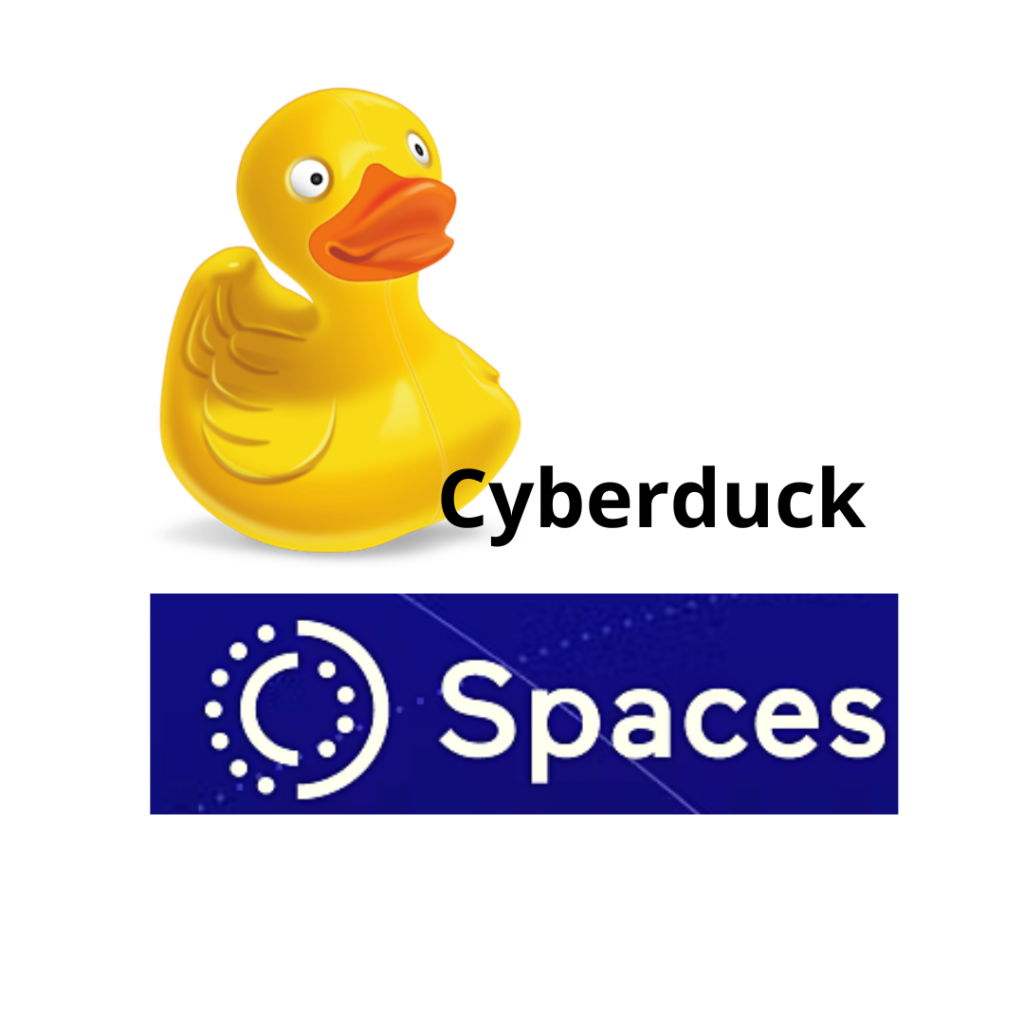Cyberduck DigitalOcean Spaces works together to help us reduce bandwidth, minimize page load times and reduce infrastructure costs. Read on to find out more.
At Bobcares, we offer solutions for every query, big and small, as a part of our DigitalOcean Support Services.
Let’s take a look at how our DigitalOcean Support Team helped our customers set up Cyberduck with DigitalOcean Spaces.
About Cyberduck & DigitalOcean Spaces
DigitalOcean Spaces can be described as an S3-compatible object storage service. It allows us to store as well as serve large amounts of data. Furthermore, each Space acts as a bucket to store and serve files. Additionally, it minimizes page load times, reduces bandwidth, improves performance, and also lowers infrastructure costs.
On the other hand, Cyberduck is an open-source tool that allows users to manage files over a variety of services and protocols through a graphical interface. The prerequisites for using Cyberduck with DigitalOcean Spaces include:
- Cyberduck version 6.2.x.
- An access pair for our Spaces. We can generate this from the API page in DigitalOcean Control Panel.

How to use Cyberduck with DigitalOcean Spaces
- To begin with, choose the Open Connection option in Cyberduck and select Amazon.
- This will open a new window. We have to enter the following values:
- Server: a combination of region and domain
- Access key ID: enter the access key
- Password: enter the secret key
- Then, click Connect.
- Now, DigitalOcean Spaces will appear in the main window. Here, we will double-click the Action option and choose Create a New Folder.
- Next, enter a unique name for the new folder.
At this point, we will be able to add content by double-clicking the Space name and clicking the Action option to create a new folder within. We can easily upload a file by dragging and dropping it into the folder or via the Action menu.
Furthermore, we can modify the default file’s permission via the Edit option under the Preferences option and choose Transfers after switching to the Permissions tab.
Furthermore, Spaces sets the default permission for each uploaded file via the web interface as private. Our Support Team recommends the following approach to get around this:
Navigate to Cyberduck > Files > Preferences > S3 Tab > Default ACL and enable Public Read.
Then, reconnect to the server and the Cyberduck DigitalOcean Spaces web interface will reflect the correct permissions.
[Need assistance with a different issue? We are available 24/7.]
Conclusion
In brief, our skilled DigitalOcean Support Engineers at Bobcares introduced us to using Cyberduck & DigitalOcean Spaces. We also got a brief look at how to upload files to Spaces with public access by default.
PREVENT YOUR SERVER FROM CRASHING!
Never again lose customers to poor server speed! Let us help you.
Our server experts will monitor & maintain your server 24/7 so that it remains lightning fast and secure.




0 Comments